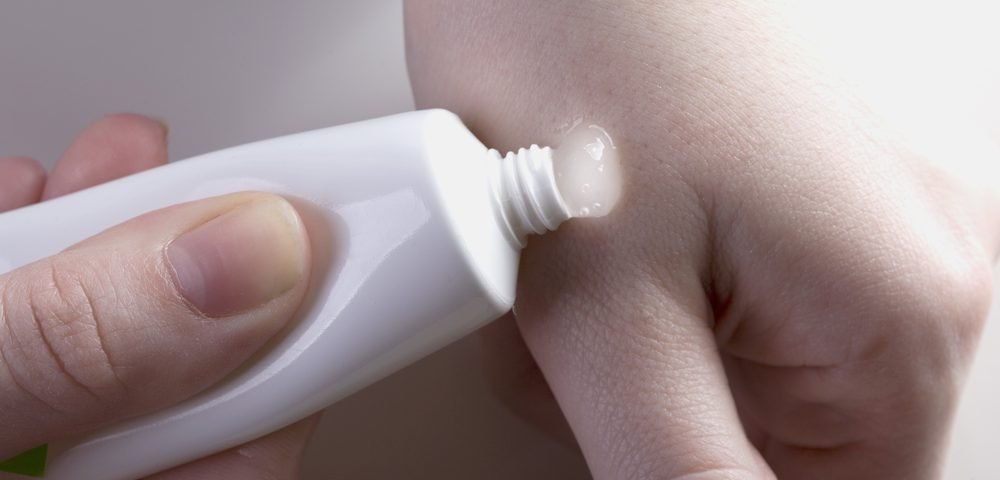Remetinostat gel applied twice a day led to partial or complete responses in 40 percent of patients with skin lymphoma, according to a Phase 2 clinical trial.
The trial of Medivir AB‘s histone deacetylase (HDAC) inhibitor involved patients with cutaneous T-cell lymphoma (CTCL), particularly those with the mycosis fungoides disease subtype.
Thirty-five percent of the patients treated with Remetinostat twice a day showed a partial response to it, and 5 percent a complete response. The drug was well-tolerated, without the side effects seen in many HDAC inhibitors.
“There are few drugs available for the treatment of the disease, and those currently available have generally poor tolerability. As a result, CTCL patients and their physicians require safe and effective new treatment options,” Dr. Richard Bethell, Medivir’s chief scientific officer, said in a press release. “Remetinostat was designed to effectively inhibit HDACs within cutaneous lesions, but to be rapidly broken down in the bloodstream, preventing the side effects associated with systemically administered HDAC inhibitors. Based on the efficacy and safety data from this Phase II study, we believe that remetinostat is capable of meeting a very important unmet need in patients with this chronic and poorly treated orphan disease.”
CTCL is a chronic type of lymphoma that shows up in the skin. Its most common subtype, mycosis fungoides, is estimated to affect 15,000 to 20,000 people in the United States alone, with nearly 1,500 new cases every year.
In its early stages, CTCL is confined to the skin and is not aggressive. But patients experience a reduction in their quality of life due to symptoms like itching.
The first-line therapy for these patients is steroids of increasing strength. Over time, however, steroids can become ineffective, or patients grow unable to tolerate them. Remetinostat is designed to help patients in either category.
In a previous randomized, double-blind, placebo-controlled, dose-escalating Phase 1b trial (NCT01433731), remetinostat was administered at three dose levels — 0.1%, 0.5%, and 1% — for 28 days. It generated a response rate of 28% in those treated, compared with no response in the placebo arm. And it showed favorable safety and tolerability.
The recently completed Phase 2 trial (NCT02213861) randomized 60 patients with mycosis fungoides to receive either topical remetinostat 1% once a day, 1% twice a day, or 0.5% twice a day, for six to 12 months. The study’s primary measurement of effectiveness was the proportion of patients who achieved a partial or complete response.
Patients who received 1% remetinostat gel twice daily had the best response rate — 40 percent, including one complete response.
The response rate for 1% remetinostat once a day was 20% and for the 0.5% gel twice a day 20%. No complete responses were observed in these arms.
“The results of this study confirm and extend the previously published interim analysis of the phase II study, and show that remetinostat has the potential to be a safe and effective new treatment for patients with early-stage CTCL,” Bethell concluded.
The company plans to start a Phase 3 clinical trial later this year. The full data from the Phase 2 trial will be presented at a medical meeting in the second half of 2017.


